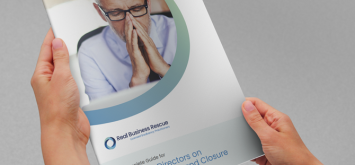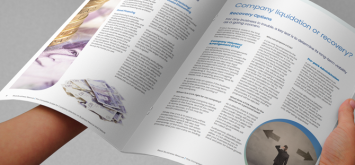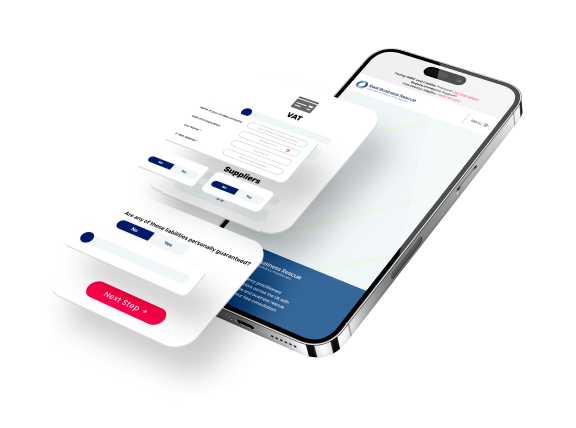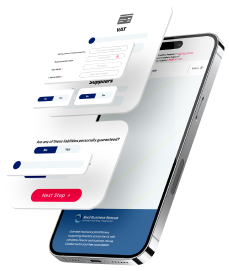
Director Advice Hub
A range of comprehensive guides, informative articles, and the latest news to help you make the right decision for your business.








Free 60 Second Test
For Ltd Company Directors
Get An Instant Understanding Of Your:
- Debt and Asset Position
- Director and Liability Review
- Next Steps
Plus much more ...
We provide free confidential advice with absolutely no obligation.
Our expert and non-judgemental team are ready to assist directors and stakeholders today.

Understand your company's position and learn more about the options available

Find your nearest office - we have more than 100 across the UK. Remote Video Meetings are also available.

Free, confidential, and trusted advice for company directors across the UK.












